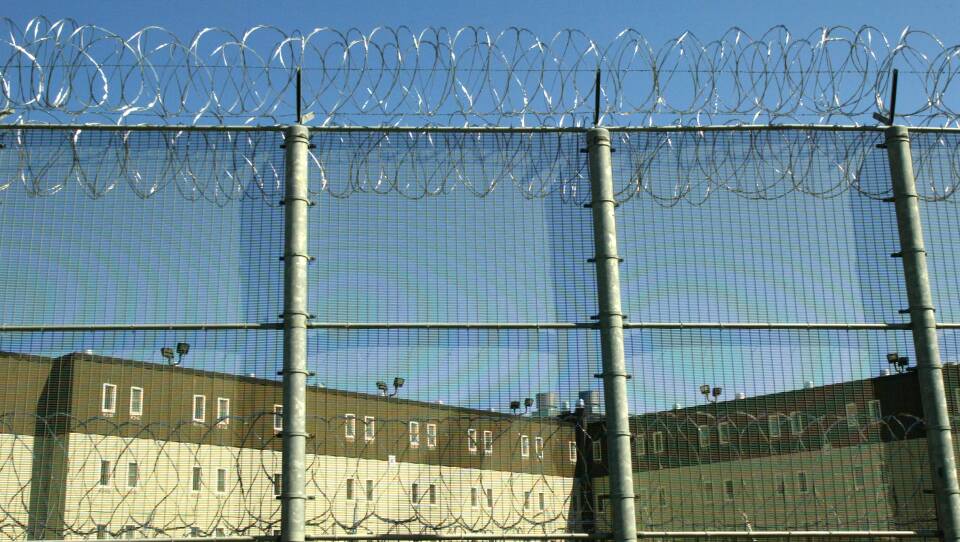The Massachusetts Department of Corrections (DOC) and attorneys representing inmates at the Souza-Baranowski Correctional Center, a maximum security prison in Shirley, will appear at Suffolk Superior Court Thursday for an evidentiary hearing to determine if inmates at the facility have regained all their rights to legal privileges.
Inmates filed a complaint against Thomas Turco, secretary of the Executive Office of Public Safety, Commissioner of Correction Carol Mici and Steven Kenneway, the facility's superintendent, saying they were denied access to attorneys and legal papers after a prison lock down in January.
The inmates also alleged corrections officers physically abused them in retaliation for a Jan. 10 attack on prison staff, supposedly by members of the Latin Kings gang, that injured four officers — two of whom required hospitalization.
Attorneys representing the inmates filed the preliminary injunction on Jan. 31, seeking to restore their access to legal counsel and materials.
The DOC claimed that security concerns justified the move and that since the prison reinstated inmates access attorneys and paperwork, the lawsuit was moot.
“Following near deadly attacks on four Correction Officers, DOC officials temporarily restricted inmates' access to certain areas of the prison in order to secure the facility, search for weapons and ensure the inmates' and officers' safety,” James Dobson, a spokesperson for the DOC, said in a statement. "The Department refuted the inmates claims in court filings and demonstrated that over one hundred attorney visits have taken place since the attacks."
Victoria Kelleher, president of the Massachusetts Association of Criminal Defense Lawyers and attorney for three of the inmates involved in the suit, said that Superior Court Judge Beverly Cannone felt there are disputes over facts in the case during the Monday hearing.
"[Cannone] felt she couldn't make a decision on this case for the preliminary injunction without hearing from the witnesses themselves," Kelleher said.
The attorney added that witnesses — including possibly inmates — will be called at the next hearing to testify that limits continued to be imposed on those imprisoned at the facility.
A spokesperson for Massachusetts Corrections Officers Federated Union declined to comment on the lawsuit. The union previously pointed to the state criminal justice reform bill adopted in 2016 as one reason for increased violence at the facility.
Elizabeth Matos, an attorney with the non-profit group Prisoners' Legal Services, said that during the lockdown inmates were not even allowed phone calls and that contrary to the union's claim, reforms such as those applied in 2016 in Massachusetts tend to improve conditions and decrease tensions.
Matos, who is not involved in the lawsuit, added that Souza-Baranowski was a particularly problematic facility. In addition to the Jan. 10 incident, a riot broke out among 46 prisoners in January 2017.
“What we do in our office is we investigate cases of excessive use of force," she said. "We have, by far, the most excessive use of force coming out of Souza-Baranowski prison every year."
Kelleher said that protections needed to be put in place for the future that bars such restrictions to legal materials and access to attorneys because otherwise, such actions would be allowed to continue.
“I think what we’re concerned about is it happening again," she said.




